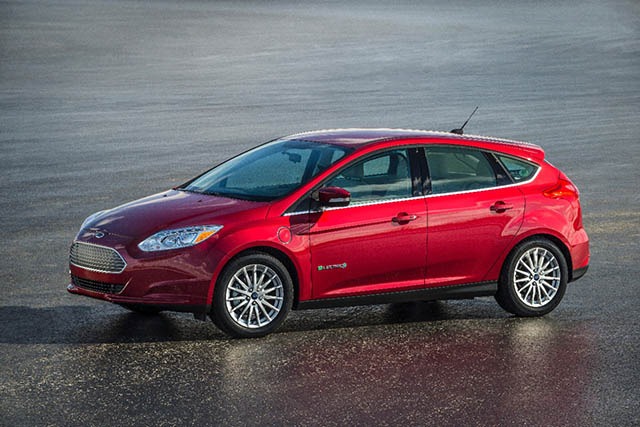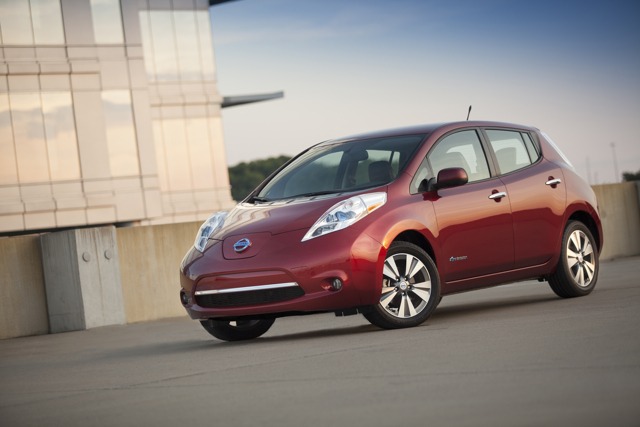Search the Community
Showing results for tags 'Hybrid Vehicles'.
-

Ford Cancels Plans For Mexico Plant, Invest $700M At Flat Rock, and More
William Maley posted an article in Ford
Ford dropped a few bombshells this morning at a press conference in Flat Rock, MI. The big one was the American automaker dropping plans to build $1.6 billion assembly plant in Mexico (which was in the early stage of construction). Instead, Ford will invest $700 million into their Flat Rock that wil...-
- electric vehicles
- ford
-
(and 6 more)
Tagged with:
-
Ford dropped a few bombshells this morning at a press conference in Flat Rock, MI. The big one was the American automaker dropping plans to build $1.6 billion assembly plant in Mexico (which was in the early stage of construction). Instead, Ford will invest $700 million into their Flat Rock that wil...
-
- electric vehicles
- ford
-
(and 6 more)
Tagged with:
-

Ford Opens Up Their EV, Hybrid Patent Portfolio... For A Price
William Maley posted an article in Ford
-
- Electric Vehicles
- EV
-
(and 3 more)
Tagged with:
-
Following in the footsteps of Tesla and Toyota, Ford announced last Friday that it would open up its portfolio of electric and hybrid vehicle patents to competitors to help accelerate the development of these vehicles. Now unlike Tesla and Toyota's programs, Ford is charging a licensing fee. “In...
-
- Electric Vehicles
- EV
-
(and 3 more)
Tagged with:
-
While many still think electric vehicles are a niche, a new study from IHS Automotive suggests that EVs are actually catching on more quickly than hybrids when they were first introduced. The study looked at the cumulative global sales of the first-generation Toyota Prius, Chevrolet Volt, and Nissa...
- 9 comments
-
- Catching On
- Electric Vehicles
-
(and 3 more)
Tagged with:
-
While many still think electric vehicles are a niche, a new study from IHS Automotive suggests that EVs are actually catching on more quickly than hybrids when they were first introduced. The study looked at the cumulative global sales of the first-generation Toyota Prius, Chevrolet Volt, and Nissa...
- 9 replies
-
- Catching On
- Electric Vehicles
-
(and 3 more)
Tagged with:




